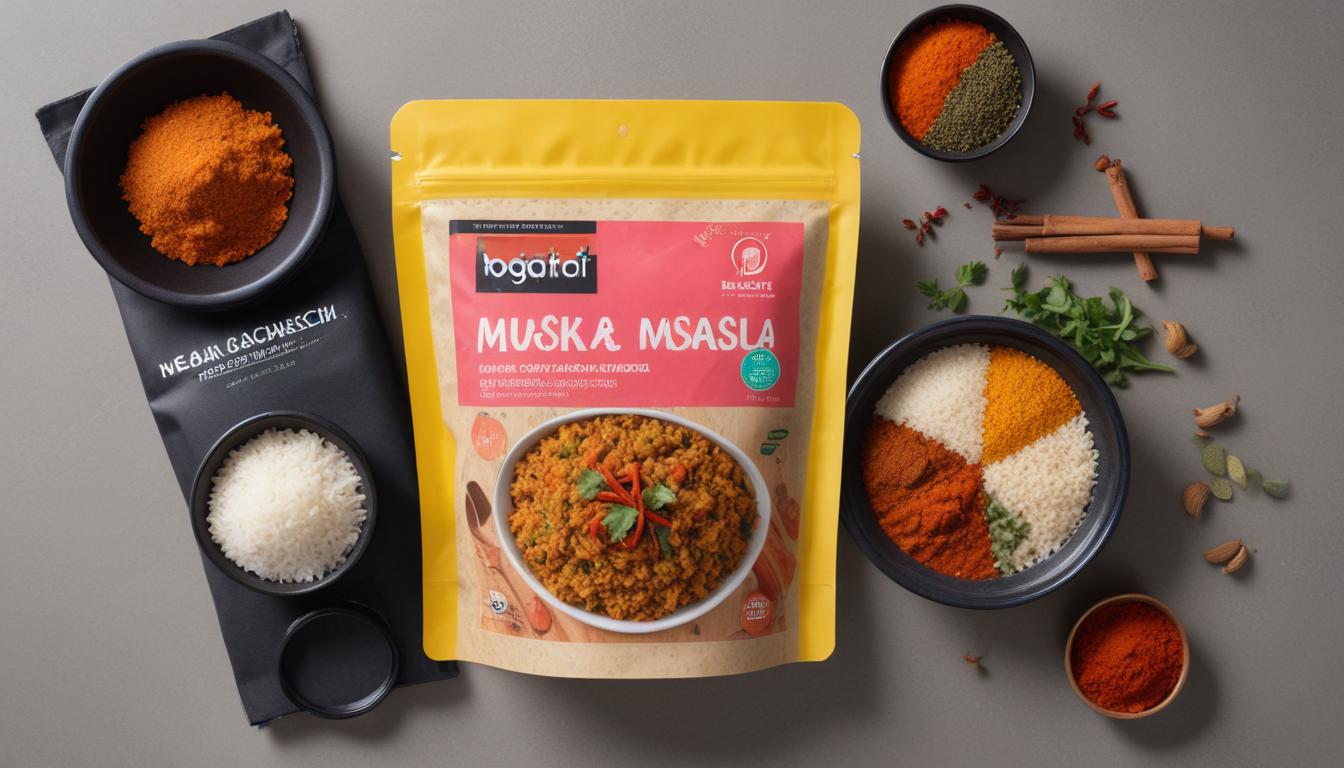You know, when it comes to ready-to-cook meals, things aren’t quite as simple as just mixing ingredients and packaging them up. These meals promise convenience without compromising quality — a tricky balance that hinges entirely on food safety. This is where HACCP training steps in, acting like your trusted kitchen mentor who makes sure every step from prep to plate is handled with care. It’s not just a tick-box exercise; it’s the backbone of trust between your brand and your customers.
Why Ready-to-Cook Meals Need HACCP Training—No Excuses
Let’s face it: Ready-to-cook meals are a lifeline for busy folks. They expect wholesome, tasty food that’s safe—no compromises. But ready-to-cook meals also come with their own set of challenges. Unlike fully cooked foods, they require the consumer to finish the cooking process, which means you have to make sure the product they get is as safe as possible before it even reaches them.
HACCP training gives your team the tools to spot hazards that could creep in along the way: bacteria growth during prep, contamination from utensils, or temperature mismanagement during storage. Without it, you’re basically leaving your food’s safety to chance—which, honestly, is just asking for trouble.
What Exactly Happens in HACCP Training? Breaking It Down
You might picture HACCP training as this complicated maze of charts and jargon—but here’s the thing, it’s actually quite straightforward when done right. The course walks you through identifying where things can go wrong—these are your Critical Control Points (CCPs). In ready-to-cook meals, this could be during ingredient receiving, chilling, or packaging stages.
The training also covers how to monitor these points—like keeping a keen eye on fridge temps or ensuring packaging seals are airtight. And when something’s off, HACCP teaches you what to do next, so small issues don’t turn into full-blown recalls. It’s hands-on, practical, and totally geared toward your daily operations—not just theoretical fluff.
The Special Safety Challenges of Ready-to-Cook Meals
Ready-to-cook meals might seem like an easy convenience food, but the truth is, they live in a delicate space. They’re often partially cooked or raw, meaning pathogens like Salmonella or Listeria can be lurking if precautions slip. That’s why proper temperature control and hygiene are non-negotiable.
Plus, these meals usually have multiple components—proteins, veggies, sauces—all with different cooking and storage needs. That’s a juggling act, and HACCP training helps you master it without dropping the ball. Imagine it like conducting a food symphony where every instrument has to be perfectly timed, or else the whole thing sounds off.
How HACCP Training Elevates Your Entire Production Team
Here’s a little secret: HACCP training isn’t just for managers or food safety officers. When everyone on the floor understands the ‘why’ behind each safety step, the whole operation runs smoother. Workers become more alert, spotting issues before they escalate—like a pack of safety detectives keeping your product squeaky clean.
You get fewer slip-ups, fewer product holds, and less waste. Plus, an engaged team feels valued and part of something important—quality and safety. It’s a ripple effect that goes beyond the line and boosts morale too.
Navigating HACCP Training Providers: What Should You Look For?
Choosing the right training provider can feel like a wild goose chase. Here’s a tip: look for providers who understand ready-to-cook meals specifically. The food safety hurdles here aren’t the same as, say, bakery or dairy.
Accreditation is a must—it proves the course holds weight with regulators and customers alike. Also, prioritize hands-on training over lectures. Real-life scenarios and problem-solving exercises make the concepts stick better. Local expertise is a bonus, especially if they know your market’s quirks and regulations.
And don’t forget flexibility. Production doesn’t stop for training, so find courses that offer online modules or flexible schedules.
Quick Tips to Make HACCP Training Work Wonders for You
Getting certified is great, but here’s where many stumble: they don’t follow through after training. To avoid that pitfall, encourage your team to ask questions throughout the course. No one learns by nodding along silently.
Also, start applying what you learn immediately. For example, if the course suggests improved temperature logging, don’t wait—put it in place next shift. Appoint safety champions on your floor to keep the conversation going long after training wraps up.
And keep your documentation sharp and up-to-date. It’s your safety bible and your best defense during audits.
The Cost of Skipping HACCP Training: A Risk You Can’t Afford
Honestly, skipping HACCP training is like sailing a ship without a compass—you might get lucky, but chances are, you’ll hit some icebergs. Without proper training, you risk contamination issues, costly recalls, and damage to your brand’s hard-earned reputation.
For ready-to-cook meals, where partial cooking adds complexity, the margin for error is razor-thin. Consumers trust you to deliver convenience without risk; failing that trust means losing them for good. And the financial hits? Let’s just say they’re not pretty.
Staying Ahead: Making HACCP a Living, Breathing Part of Your Process
Certification is just the beginning. HACCP isn’t a ‘set it and forget it’ deal. Your production lines change, recipes evolve, and regulations get updated—your HACCP plan has to keep pace.
Regular internal audits catch little slip-ups before they snowball. Suppliers and ingredient quality are part of the puzzle too—don’t forget to bring them into the fold. Plus, refresher courses keep your team sharp and alert.
Think of HACCP as your ongoing commitment to safety, not a one-time chore.
Wrapping It Up: Ready-to-Cook Success Starts With HACCP Training
Look, ready-to-cook meals are here to stay, and consumers’ expectations are only getting higher. HACCP training arms you with the knowledge and confidence to meet those expectations head-on.
It’s the difference between producing food that’s just convenient and food that’s reliably safe and delicious. Your customers deserve that peace of mind. So, if you haven’t taken the HACCP training leap yet, consider this your friendly nudge. Safety isn’t a hurdle; it’s your secret sauce.


